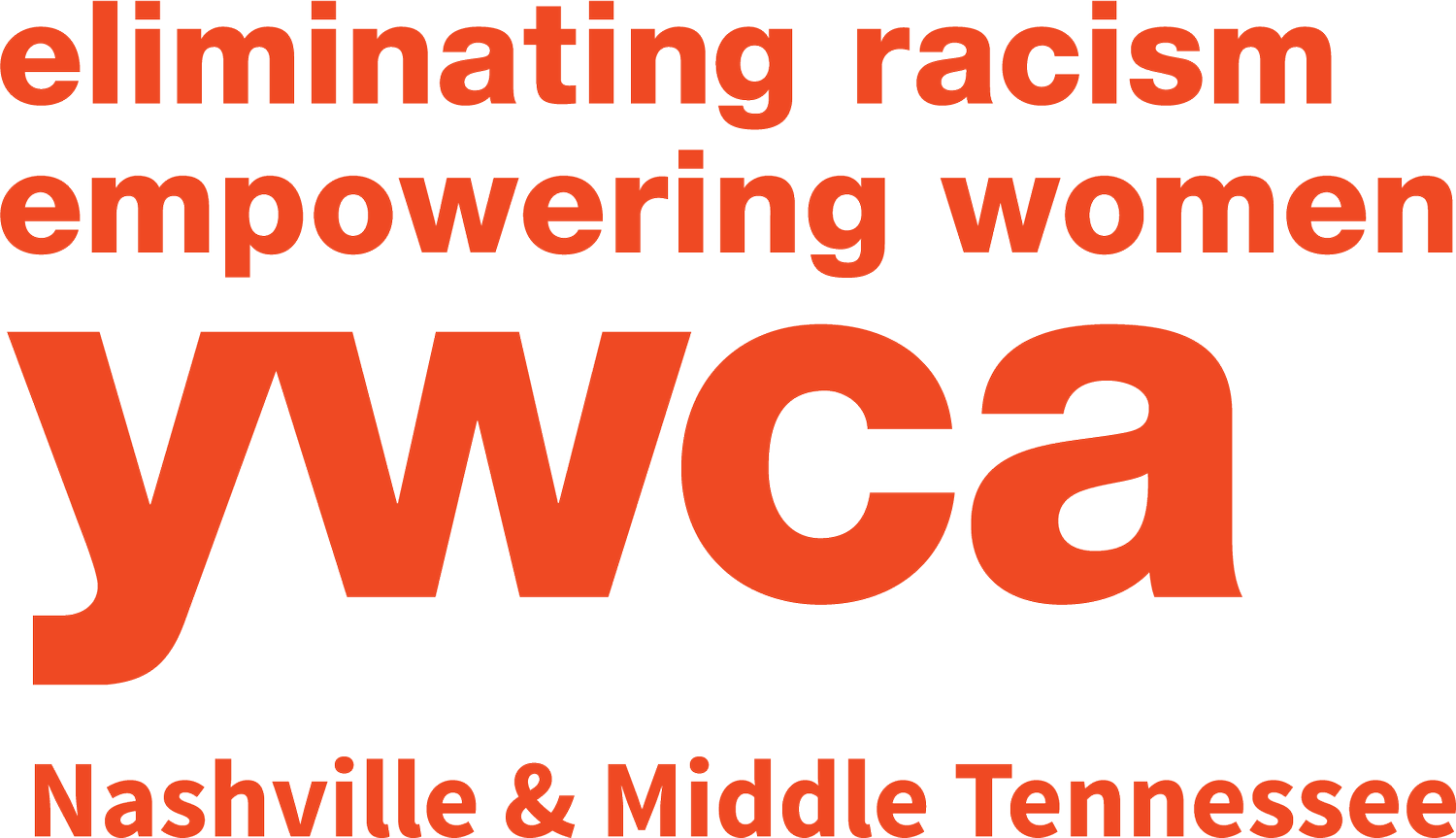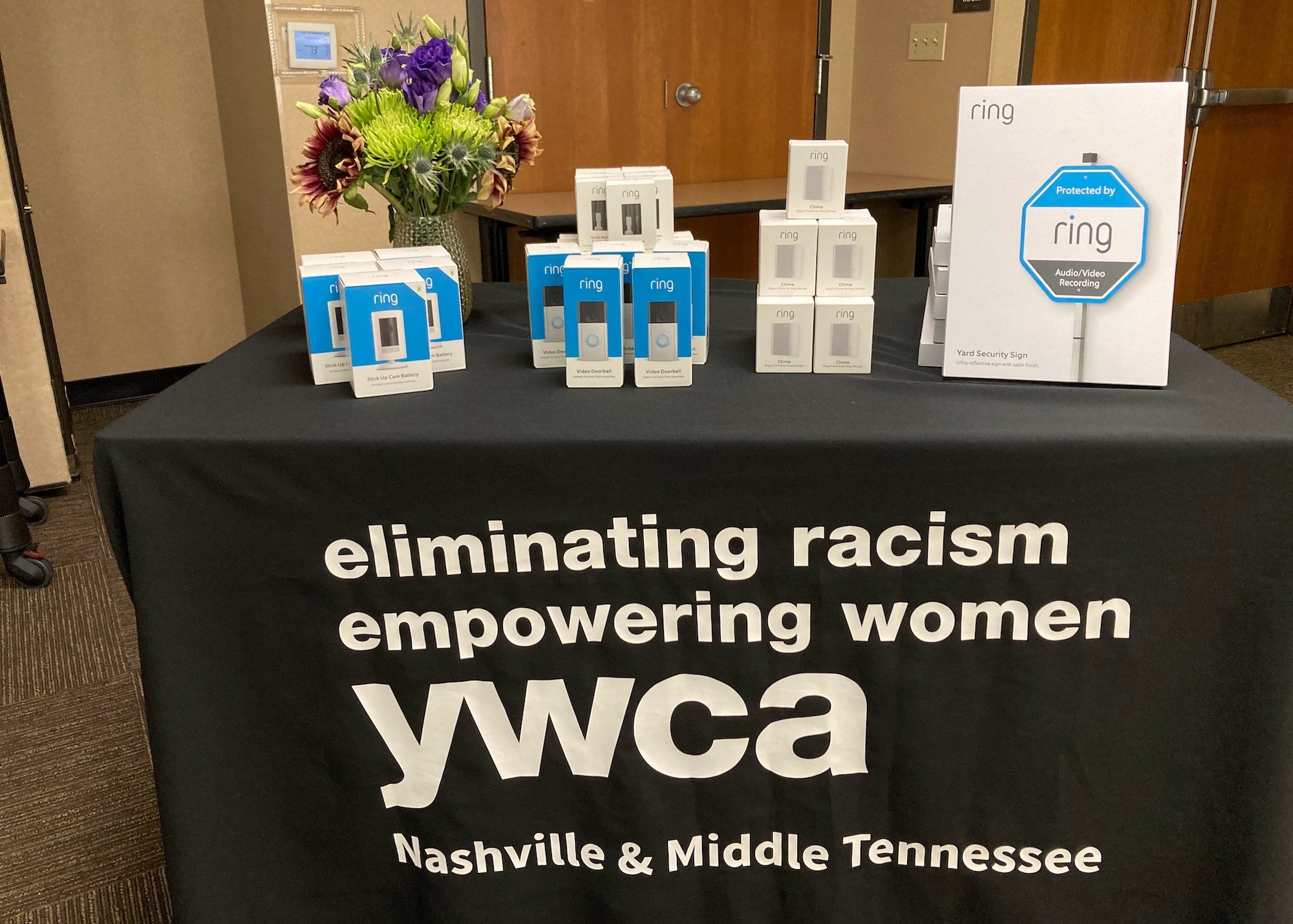Identify Abuse ↘
This is the first step. Ask yourself if any of these signs point to your relationship health.
Red Flags
Unhealthy Relationship Checkpoints
Does your partner…
Get jealous easily or accuse you of having an affair?
Have abuse in family history?
Throw objects at you or destroy your property?
Make you account for every moment you are away?
Restrain you?
Ridicule you?
Threaten to hurt you, your children, or your pets?
Manipulate you with lies or promises?
Threaten to or force you to have sex?
Make you feel you don’t have the right to say “no” or disagree?
Isolate you from family, friends, work?
Make all the decisions in the home for you?
Have previous contact with the justice system?
Control all of the money?
Have weapons?
Green Flags
Healthy Relationship Checkpoints
Does your partner…
View you as an equal?
Respect you and treat you fairly?
Make you feel safe (emotionally and physically)?
Discuss disagreements peacefully?
Allow the relationship to go at your pace?
Act as a positive role model for your children?
Value your opinions?
Communicate openly and honestly?
Support your goals in life?
Make family and money decisions together with you?
Compromise?
Have a positive image of family?
Make your friends and family feel comfortable?
Responding to a Situation
What you should do/say
Offer to call YWCA 24-hour Crisis & Support Helpline (1-800-334-4628) or TEXT us at 615-983-5170 together in a safe and confidential place.
Believe your friend. Listen carefully and with empathy. Remain non-judgmental and supportive.
Understand that your friend may not want to talk about the situation but reassure them that when they are ready, you are available.
Respect the need for confidentiality.
Offer supportive statements. Acknowledge your friend’s courage in talking about the situation.
Let your friend know that they are is not alone. Domestic assault happens to many, many people.
Reassure your friend that the abuse is not their fault. Your friend is not to blame.
Make use of reflective listening to encourage your friend to talk and to make sure you hear what is being said.
Ask direct questions gently. Give your friend ample opportunity to talk. Don’t rush into providing solutions.
Avoid WHY questions and victim-blaming statements.
Discuss options and help your friend evaluate their plans. (Call YWCA 24-hour Crisis and Support Helpline or provide the number for assistance in creating a safety plan.)
Provide your friend with information about local resources, including YWCA 24-hour Crisis and Support Helpline, which can make referrals for community-based support groups, confidential shelter and legal advocacy services.
Work with your friend where they are at that moment and recognize their need to move at their own pace. Give your friend the time needed to make decisions on their own.
Acknowledge the reality of the losses that is being faced.
If your friend is not ready to make major changes in life, do not take away your support.
If your friend remains in the relationship, continue to be a friend while, at the same time communicating that they do not deserve to be in a violent situation.
If your friend is planning to leave, encourage them to call YWCA 24-hour Crisis and Support Helpline to safety plan and understand options.
Let your friend know you can help locate and understand materials about domestic violence. Offer to keep a file of these materials in a safe place in your home for your friend.
Keep YWCA safety cards on hand.
What you should avoid doing/saying
Do not tell your friend what to do, when to leave or not to leave.
Do not give advice.
Do not tell your friend to go back and try a little harder to make the relationship work.
Do not try to rescue your friend or make decisions.
Do not offer to try to talk to the partner or mediate to straighten things out.
Do not tell your friend to stay because of children, religious or cultural reasons.
Take care of yourself…
Be aware of your personal safety and do not do anything that puts you or your friend at more risk.
There is a risk that your relationship with the victim/survivor could become so dependent that you feel overwhelmed.
Be ready to refer your friend to YWCA 24-hour Crisis and Support Helpline to provide additional support and counseling.
Call YWCA 24-hour Crisis & Support Helpline yourself to discuss what you are experiencing, as a family member or friend of a DV survivor.
Don’t ever intervene physically; don’t ever threaten or confront the abuser.
Don’t try to save your friend by showing up unexpectedly.
If the abuser makes threats against you, contact law enforcement and/or the YWCA 24-hour Crisis & Support Helpline (1-800-334-4628 or TEXT 615-983-5170) to help understand your options, such as a protective order and to develop a safety plan for yourself and your family. Always be prepared to enlist help and support from experts, including the YWCA 24-hour Crisis & Support Helpline and law enforcement.
-
24-Hour Crisis & Support Helpline
Looking for safety or shelter from domestic violence? Call 800-334-4628 or text 615-983-5170 24/7
-
Monthly DV Support Groups
Beginning in May YWCA will begin offering in-person support groups for survivors and friends and oved ones. Click HERE for the info flier. We will also offer an LGBTQ+ focused support group. Click HERE for the info flier. Please RSVP with your name and number to jenna.moulder@ywcanashvlle.com
-
DV 101 Training
In-person training for groups to learn about domestic violence and how to respond. E-mail Allison Adams.
-
Shear Haven Training
Join the thousands of beauty professionals who are Shear Haven certified. Take the training today!
-
Downloadable Resources
Helping a Friend English & Spanish
DV Rack Card English & Spanish
Tear Off Flier YWCA Crisis Line
Tear Off Flier Shear Haven YWCA Nashville Crisis Line
Tear Off Flier Shear Haven - The HOTLINE (national number)

